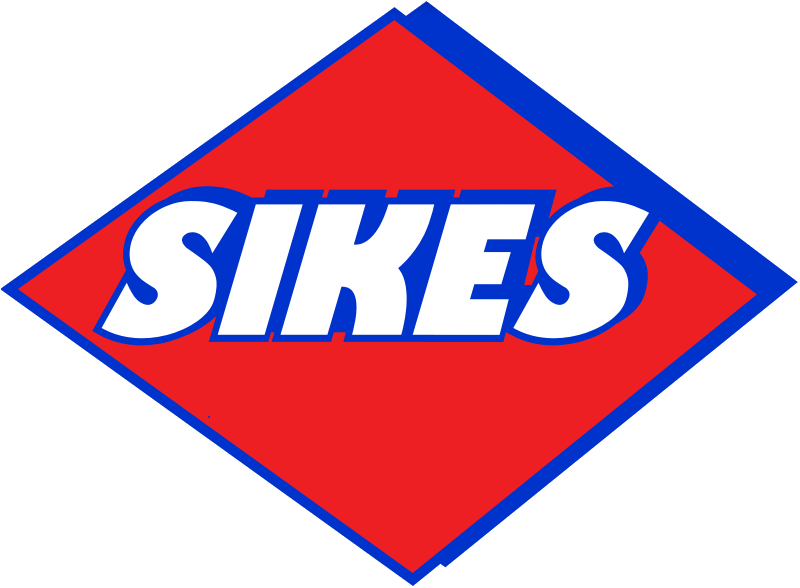Industrial floor coatings are used in warehouses and manufacturing facilities to protect the concrete floors from wear and tear, chemical spills, and other damage. These coatings provide a durable, non-slip surface that is easy to clean and maintain, making them ideal for busy, high-traffic areas.
There are several steps involved in installing and maintaining industrial floor coatings. In this blog post, we will go through the process from start to finish, including preparing the surface, choosing the right coating, applying the coating, and maintaining the coating to ensure it lasts for as long as possible.
installing and maintaining industrial floor coatings for warehouses and manufacturing facilities
Preparing the surface for industrial floor coatings
Before you can apply an industrial floor coating, it is important to prepare the surface properly. This will ensure that the coating adheres properly and provides the maximum level of protection.
The first step in preparing the surface is to clean it thoroughly. This involves removing any dirt, dust, or debris that may be present on the floor. This can be done using a broom, dustpan, or vacuum cleaner.
Next, you will need to repair any cracks or damage that may be present on the floor. This can be done using a concrete repair compound, which is available at most home improvement stores. Simply follow the manufacturer's instructions to fill in any cracks or holes in the floor.
Once the surface is clean and repaired, you will need to etch the concrete. This involves using an acidic solution to roughen the surface of the concrete, which will help the coating to adhere better. Simply mix the etching solution according to the manufacturer's instructions and apply it to the floor using a mop or roller. Allow the solution to sit for the recommended amount of time, then rinse it off with water.
Choosing the right industrial floor coating
There are many different types of industrial floor coatings available, and it is important to choose the right one for your specific needs. Some factors to consider when selecting a coating include:
Durability
Look for a coating that is resistant to wear and tear, as well as chemical spills and other types of damage.
Slip resistance
It is important to choose a coating that provides a non-slip surface, especially if the floor will be frequently wet or oily.
Ease of maintenance
Look for a coating that is easy to clean and maintain, as this will save time and effort in the long run.
Cost
Consider the upfront cost of the coating as well as any ongoing maintenance costs.
Applying industrial floor coatings
Once you have chosen the right industrial floor coating, it is time to apply it to the surface. This process typically involves the following steps:
Mix the coating according to the manufacturer's instructions.
Apply a thin layer of the coating to the floor using a roller or brush. Be sure to follow any specific application instructions provided by the manufacturer.
Allow the coating to dry for the recommended amount of time. This will typically be several hours or overnight.
Apply a second layer of the coating, if necessary. Some coatings may require multiple layers for maximum protection.
Allow the coating to fully cure before using the floor. This may take several days or longer, depending on the specific coating and the humidity and temperature of the environment.
Maintaining industrial floor coatings
Proper maintenance is key to ensuring that your industrial floor coatings last for as long as possible. Here are a few tips for maintaining your coatings:
Clean the floor regularly. Use a broom, dustpan, or vacuum to remove any dirt or debris that accumulates on the surface. For more stubborn stains or spills, use a mild detergent or floor cleaner to wipe the floor clean. Avoid using harsh chemicals or abrasive cleaners, as these can damage the coating.
Repair any damage promptly. If you notice any chips, cracks, or other damage to the coating, repair it as soon as possible. This will help to prevent the damage from spreading and prolong the life of the coating.
Protect the floor from heavy loads and equipment. Use protective mats or pads under heavy machinery and equipment to prevent dents or scratches in the coating.
Follow the manufacturer's recommendations for touch-ups and recoating. Some industrial floor coatings may need to be touched up or recoated after a certain period of time to maintain their effectiveness. Follow the manufacturer's recommendations to ensure that your coatings are properly maintained.
By following these steps, you can ensure that your industrial floor coatings are properly installed and maintained, providing long-lasting protection for your warehouse or manufacturing facility.
Conclusion
In conclusion, industrial floor coatings are an important investment for warehouses and manufacturing facilities. These coatings provide a durable, non-slip surface that is easy to clean and maintain, protecting the concrete floors from wear and tear and chemical spills. Installing and maintaining industrial floor coatings involves several steps, including preparing the surface, choosing the right coating, applying the coating, and maintaining the coating over time. By following these steps and properly caring for your industrial floor coatings, you can ensure that they provide maximum protection and last for as long as possible.




